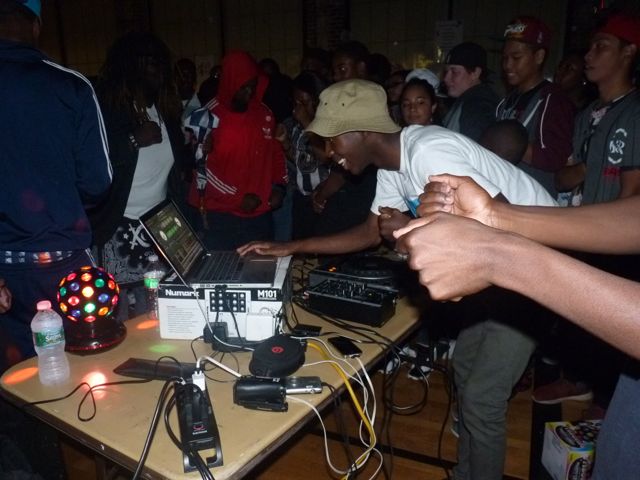by Marina Keryakous

Even though America is out of the 2011 recession, New Jerseyans are still finding it difficult to get by. The poverty rate is the highest it’s been in 50 years, according to the annual survey by Legal Services of New Jersey.
Hudson County has the ninth highest poverty rate among the 21 counties in New Jersey, according to LSNJ’s Poverty Research Institute, which gives free legal help to low-income residents in civil cases.
New Jersey is one of the wealthiest states in the country and one of the poorest. It is the fourth most expensive state to live in. In November 2013, the U.S. Census Bureau reported that 2.7 million New Jerseyans are living in poverty.
“This is the worst it’s been since the 1960 Census,” LSNJ president Melville D. Miller Jr. said.
Clarence “Coach C” Collins said he has seen overcrowding in homes.
“Families must move in with one another just to make ends meet,” Collins said.
Collins also said he has noticed more students getting into trouble with the law by making money illegally, and more students have become eligible for free lunch in school because of the rising number of people in one household.
“Lunch forms show students are living with many people, and serious issues have led us to see young men and women trying to make money by any means necessary,” Collins said. “That means more trafficking, drug arrests and time gone to waste.”
More than two million New Jerseyans are struggling to keep themselves and their families fed, housed and clothed, according to the LSNJ Poverty Research Institute report “Poverty Benchmarks 2013.”
“If $23,000 is considered poverty in New Jersey, then why are we still only paying these people so little?” Timpanaro said. “A single parent with a minimum waged job roughly makes $15,000 a year, that isn’t enough.”
The federal Supplemental Nutrition Assistance Program provides food stamps to low-income families.
According to the Center on Budget and Policy Priorities, from November 2013 to September 2014, the benefit program will be cut an estimated $5 million nationally because federal stimulus money provided under the American Recovery and Reinvestment Act of 2009 is coming to an end.
Depending on household size, from one to four people, benefits will decrease between $11 and $36 per month, according to the State of New Jersey Department of Human Services Division of Family Development.
“I’ve had so many families of four or more tell me there has been at least $60-70 cut out from this food stamp provider every month,” Collins said. “You end up having more month than money.”
The cost to rent an apartment in New Jersey normally ranges from $700 to $1000. Even run-down apartments in towns like Camden are still that expensive, according to Ann Gorman, deputy director of South Jersey Legal Services, as reported by The Philadelphia Inquirer.
President Barack Obama addressed income inequality in his sixth annual State of the Union address January 28.
New Jersey voters approved raising the minimum wage from $7.25 to $8.25 an hour in November 2013. The increase took effect January 1, but Obama proposed raising it even higher, to $10.10.
Senior Jhoeann Domingo, an employee at Jollibee fast food restaurant, said the dollar increase makes a difference.
“My check for one day of work increased and it helps,” Domingo said.
Senior Emani Stuckey, an employee at Zumiez Skate Shop at Newport Centre Mall, said raising it to more than $10 would result in too many job losses.
“$8.25 is fair, and I would be upset if the minimum wage was raised to $10.10,” Stuckey said. “Businesses would have to lay off some workers in order for them to pay the other employees.”
Stuckey said that Obama’s proposal wouldn’t help those who are without a job, but only benefit people who aren’t losing their jobs.
“It would only benefit the people who have had their jobs for a long time and who are for sure keeping them, it’s doing nothing for the people who don’t have them at all,” Stuckey said.
The Congressional Budget Office’s wage report released February 26 estimated that raising the minimum wage to $10.10 may cost as many as 500,000 people their jobs because businesses would hire fewer workers since they have to pay them more.
However, CBO’s wage report also showed that raising the minimum wage may lift 900,000 Americans out of poverty.
“Workers with very low skill will be shafted,” Collins said. “It’s a cycle that is set to perpetuate poverty all over again because businesses can’t afford to keep these people and jobs will still be cut.”




